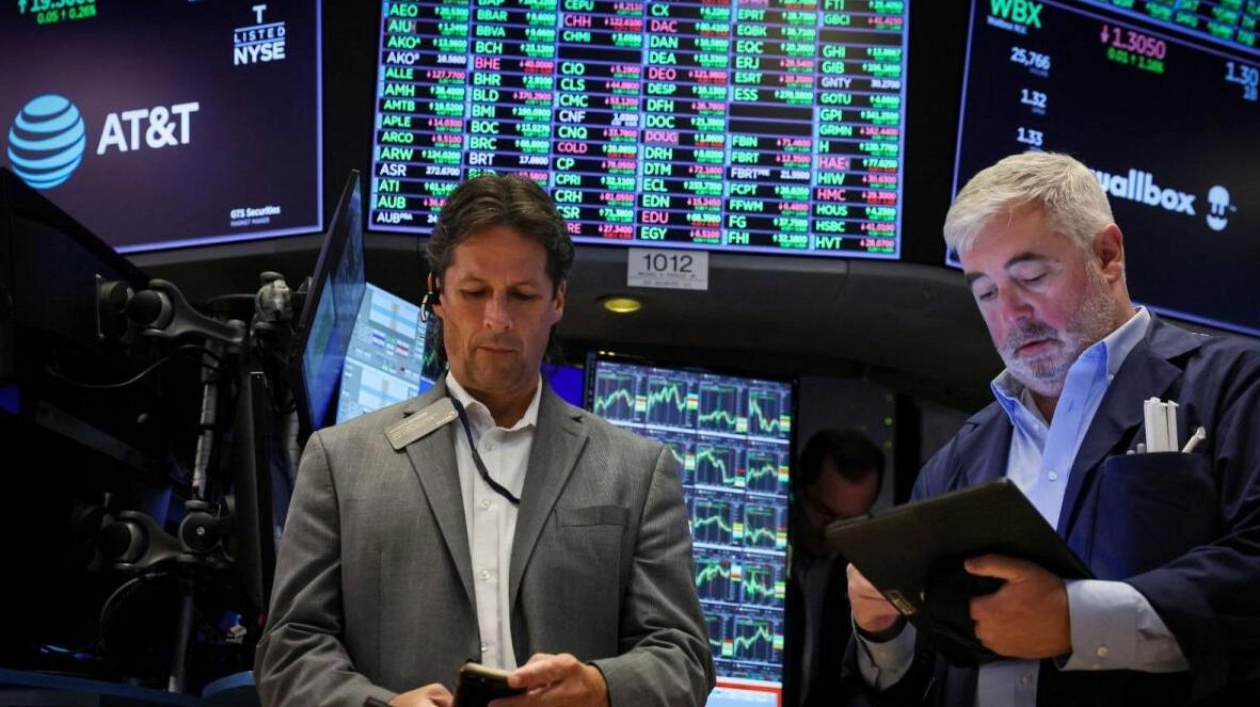On Thursday, Wall Street's main indexes experienced a nearly 2% increase, supported by a jobs report that exceeded expectations and alleviated concerns about a potential slowdown in the world's largest economy. The data indicated that new applications for unemployment benefits last week declined more than anticipated, suggesting that fears about the labor market's stability were exaggerated. Most megacap and growth stocks saw gains, recovering from a sharp decline on Monday following a disappointing July jobs report that raised recession fears. Nvidia was among the top gainers, with a 4.4% rise.
"The cooling of the labor market does not necessarily signal a recession. Despite renewed concerns about the labor market, we believe these fears are unfounded," commented Skyler Weinand, chief investment officer at Regan Capital. All major sectors of the S&P 500 were trading higher, with information technology and communication services leading the gains. Global markets are also showing signs of recovery from earlier volatility this week.
Earlier, J.P.Morgan increased the likelihood of a U.S. recession by the end of the year to 35% from 25%, attributing this to easing pressures in the labor market. The Nasdaq had closed 1% lower in the previous session as tech stocks faltered after a brief rebound from the global stocks rout sparked by the Bank of Japan's interest rate hike and weak demand at a 10-year Treasury auction.
By 11:28 a.m., the Dow Jones Industrial Average had risen by 589.53 points, or 1.52%, to 39,352.98, the S&P 500 had gained 99.37 points, or 1.91%, to 5,298.87, and the Nasdaq Composite had increased by 360.42 points, or 2.23%, to 16,556.23. In earnings news, Eli Lilly surged 7.9% after boosting its annual profit forecast, with sales of its weight-loss drug Zepbound surpassing $1 billion in a quarter for the first time. Under Armour jumped 19.2% following a surprise first-quarter profit, aided by inventory reduction and promotional efforts. Bumble, however, saw its shares drop 32.6% after cutting its annual revenue growth forecast, raising concerns about its growth strategy. Warner Bros Discovery fell 8.8% due to a write-down of its TV assets amid uncertainties regarding fees from cable and satellite distributors and sports rights renewals. Monster Beverage declined 10.8% as its second-quarter sales fell short of expectations, reflecting cautious spending by budget-conscious consumers.
Market participants will now turn their attention to Richmond Fed President Thomas Barkin's speech at 3 p.m. ET for insights into the U.S. central bank's future actions. On the NYSE, advancing issues outnumbered decliners by a ratio of 3.76-to-1, and on the Nasdaq, the ratio was 2.57-to-1. The NYSE recorded 25 new highs and 42 new lows, while the S&P 500 noted three new 52-week highs and lows each, and the Nasdaq Composite registered 18 new highs and 130 new lows.






